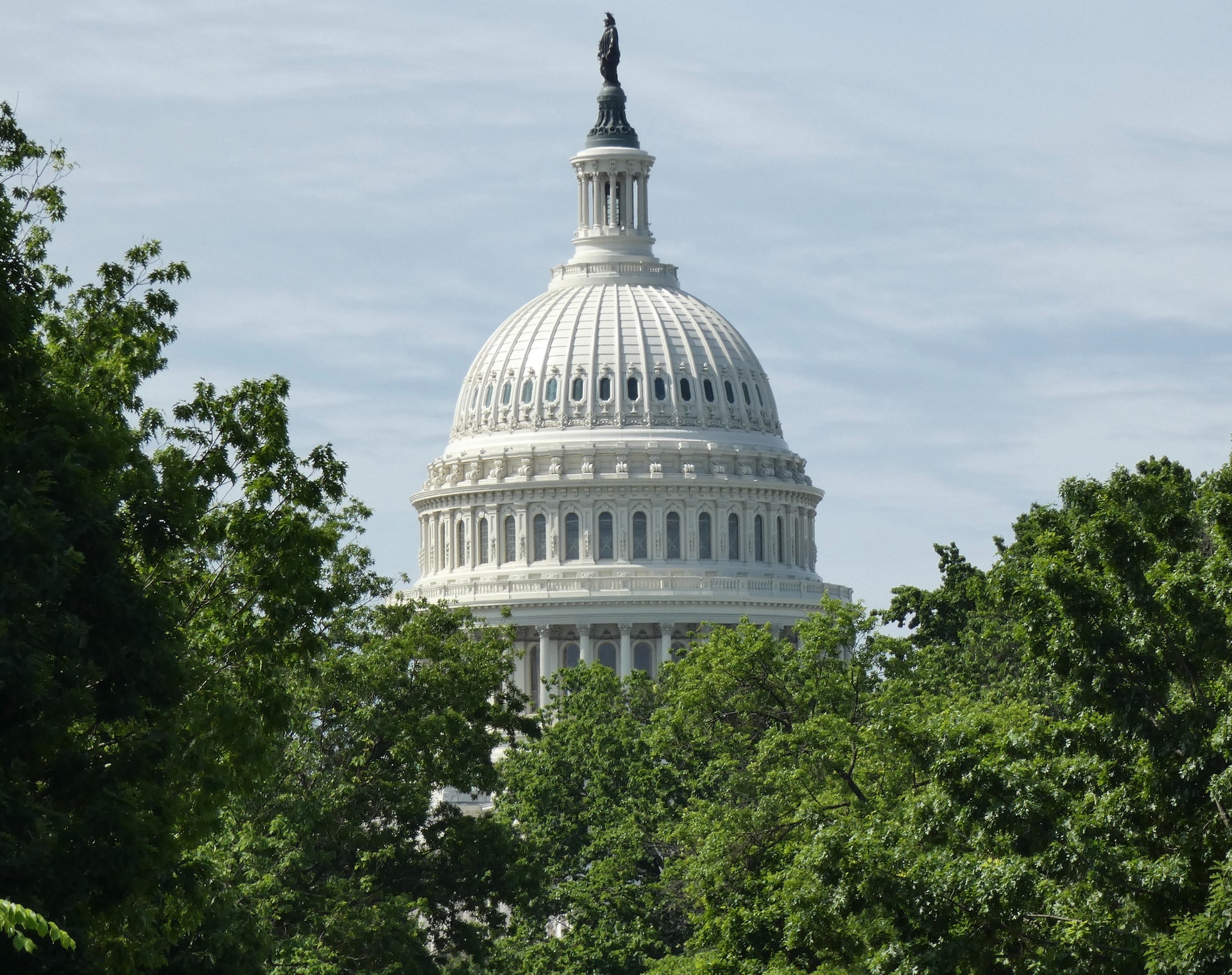Congress Exploring More Efficient Whistleblower Statutes
On January 27th, Richard Miller, the Senior Labor Advisor to Congressman George Miller, held a conference call with several prominent qui tam attorneys to discuss the possibility of changes to the current statutes on private sector whistleblower and qui tam lawsuits. One of the participants was Brandon Lauria, an associate of Egan Young, a firm which gained notoriety for representing whistleblowers.
Strengthening Current Statutes
The purpose of the call was to determine which areas of the current statutes need to be strengthened, and also which areas of whistle-blowing are not covered by law. Major issues that were identified by the group included retaliation, bankruptcy, releases, and extraterritoriality. Ultimately, Congressman Miller hopes to introduce comprehensive private sector whistleblower legislation that would address many of the concerns highlighted in the call and other pressing issues for the sector.
The first issue that the conference call addressed was the problem of retaliation. It was the consensus that the current framework did not provide enough protection for whistleblowers from retaliatory attacks by the companies on which they informed. This should be a major priority in any future legislation, or in any amendments to the current statutes. Releases were another issue that the participants discussed for a considerable amount of time.
It seems to be that many cases are either thrown out or not pursued because would-be whistleblowers sign releases with their companies. In exchange for not pursuing a case and accepting a prohibition on any future actions, these employees would receive an immediate monetary sum. Many accept these releases because they themselves are in financial hardship and choose to accept the definite payment instead of pursuing a less definitive whistleblower reward. Could the government legally overturn the release in response to an important case? It was mentioned that the Dodd-Frank Wall Street Reform Act could be amended instead of including this issue into a new legislative package.
Tying the issues together was the idea of addressing the problem of whistleblower bankruptcy. Perhaps if bankruptcy could be dealt with, then more whistleblowers would be in the position to refuse these proposed releases. Also, by guarding against the issue of retaliation, employees would not have to worry about where their next paycheck was coming from. If a potential whistleblower is already in bankruptcy, then they may be inhibited from coming forward if they know that the reward they may receive would go directly to their creditors. Richard Miller believed that the Worker’s Compensation statues shielded employees from creditors, indicating that this could be an area to examine if they were to include language on bankruptcy in a proposed amendment.
Overseas Fraud
Finally, the issue of extraterritoriality was mentioned and discussed at length. This deals with the idea that many of these fraudulent activities occur overseas, which means that the current statutes cannot be enforced in those jurisdictions. Extraterritoriality can include government fraud and also securities fraud. Again, it was suggested that perhaps there could be changes made under Dodd-Frank or within new language that Congressman Miller would propose. Although the importance of addressing extraterritoriality was high, it appeared that Mr. Miller would wait to hear more discussion before talking specifics.
Overall, the conference call highlighted the continuous work that is being done to improve the country’s whistleblower programs. Congressman Miller recognized the benefit of having a strong whistleblower program in place to combat fraud within the private sector. It is good to see that the government is willing to work with experts in the field of qui tam litigation to identify the problem areas and to fill in the holes so that future problems can be avoided. Although the legislative framework for new whistleblower protections is in its infancy stage, the process of reaching out and addressing the problems of the current system is underway.
Finding the Right Lawyer
Young Law Group is a nationwide leader in whistleblower representation and has successfully represented numerous clients in some of the nation’s largest qui tam cases for over a decade. For a free confidential consultation, please call Eric L. Young, Esquire at (800) 590-4116 or complete our online form.


